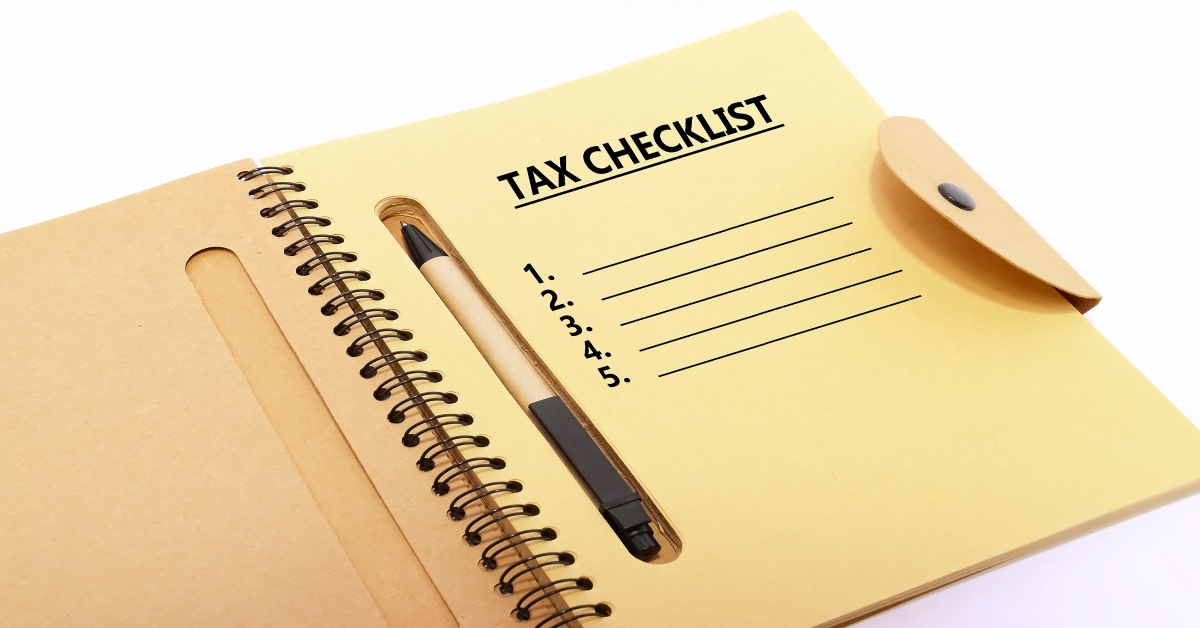
Starting your own business is a big step. Your mind is likely full of questions, and probably a healthy dose of both joy and fear. And who could blame you? Starting any type of business can be complicated, exciting, and downright scary. Whether you’ve already made your decision or are still on the fence about pulling the trigger, it always helps to make sure all your bases are covered. To that end, we’ve put together 5 key things you’ll want to consider when starting a business.
-
You need a business plan
The value of a solid business plan cannot be overestimated. Your business plan will play an integral role in getting financing, and will also serve as a vital guide throughout this adventure. Even if you’re not looking for financing at the start, a business plan including marketing strategy, forecasts, and future goals can help clarify your purpose and vision. Make sure your business plan can convince others – and yourself – that your product is serving a particular need, and that there is an active market for it. -
You can’t do it all
No matter how advanced your education or how well you know your market, there is likely to be something you haven’t thought of, or some area where you lack expertise. And guess what? That’s okay! From finances, to marketing, to logistics, there are plenty of people and resources available to answer your questions or fill your needs. Don’t overlook outsourcing as a way to get meaningful help. Nobody can do everything alone, so don’t spread yourself to thin. -
Set it up right
Should you set your business up as a sole proprietorship? An LLC? S-corp? Partnership? If you’re unsure about what all of that means, it’s definitely time to get some advice. Consult with an attorney or CPA about which legal structure is the best fit for you. Depending on your situation, you may get a heap of tax benefits simply by using one business structure over another. -
The tax man always cometh
Before you actually start doing business, you’ll need a tax identification number. Why? Because you’ll have to register (according to federal and local laws), for things like unemployment insurance, worker’s compensation, and of course, taxes. Tax codes, deadlines, and determining your liability can be a complicated process requiring a tax professional. -
Bookkeeping can be a bear
Unless you’re an accountant, even simple bookkeeping can quickly become confusing. And no matter who you are, the weight of financial tasks can be overwhelming and distracting. Keeping your financials in order can take a lot of time away from things like product and business development, so be sure you’re prepared for that. As your business grows, it usually becomes necessary to let an accountant keep your financial statements, payables and receivables in order. Fortunately, most business owners are surprised at how affordable it can be to outsource this.
Businesses that are built on a solid foundation have a much better chance of success. No matter what type of company you’d like to start, it’s important to consider all of your needs and the complications they might present. Especially when it comes to finances and taxes, having all your ducks in a row is imperative to long-term viability. Since you’re sure to have questions, be sure to seek out qualified help.














